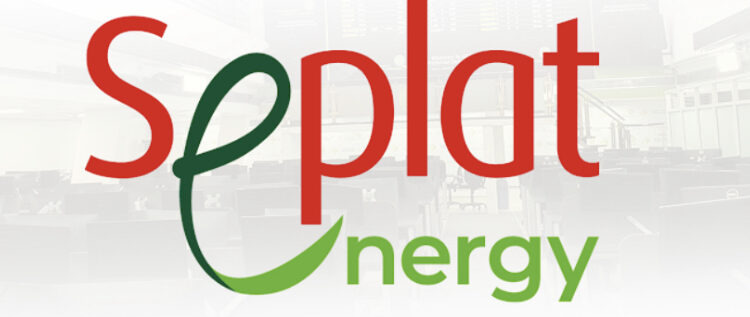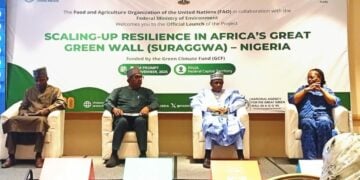Seplat Energy has confirmed that it is moving closer to reaching commercial terms on a new gas development, signaling fresh progress in Nigeria’s efforts to expand domestic supply and unlock its LNG potential.
Speaking at African Energy Week (AEW): Invest in African Energies 2025 in Cape Town, Seplat Energy CEO, Roger Brown, said the company was advancing discussions around a stranded asset that could support LNG opportunities. “Onshore, we’re very clear on our gas strategy. We have three gas plants and are one of the biggest suppliers domestically. One of our assets – the Yoho field – is stranded and prime for LNG. We’re getting very close to reaching commercial terms on that,” Brown noted.
The company is also reinforcing its capital base through a blend of local and international financing, which includes the successful completion of its third Eurobond earlier this year. “Local financing is critical because the financiers understand the terrain,” Brown said.
He added that Nigeria’s enabling environment is improving, with five upstream deals approved last year alongside a government target of achieving 3 million barrels per day by 2030 – clear signals that the sector is becoming increasingly attractive to investors.
“There’s significant value to be unlocked in onshore positions,” said Berislav Gaso, Executive Vice President Energy at OMV, noting that the company evaluates its acquisitions based on existing infrastructure and subsurface potential.
For local operators like Aradel Holdings, that value is already being realised. CEO Gbite Falade highlighted how the company has grown production from 2,000 barrels per day to 15,000 barrels per day at its flagship marginal field. “Over the last 20 years, we’ve not only scaled our capacity upstream and onshore – we’ve also implemented a gas-processing plant at Ogbele and a modular refinery, and done all of this with an indigenous workforce,” Falade said.
“We’re hoping that the next phase for indigenous companies is coming together to pool funds, share risk and take advantage of our strengths,” added Oladimeji Bashorun, COO of Energia Limited
According to the senior vice president of Operator and Geographical Sales at NOV, Cobie Loper, lifecycle support and early engagement are key to unlocking bottlenecks. “We have a toolkit that can bring a number of different development options,” he said. “That’s where we see the value in partnerships – not only to get more out of existing assets, but also to bring new oil technologies to market.”
Oando Energy Resources emphasised the importance of managing above-ground risks and is implementing monitoring technologies for pipelines and remote fuel stations while strengthening relationships with host communities. “It’s not just about using technology to see what’s happening,” said the general manager, Commercial, Akinbambo Ibidapo-Obe. “You also have to have a great partnership with your communities so they can assist you to respond.”





